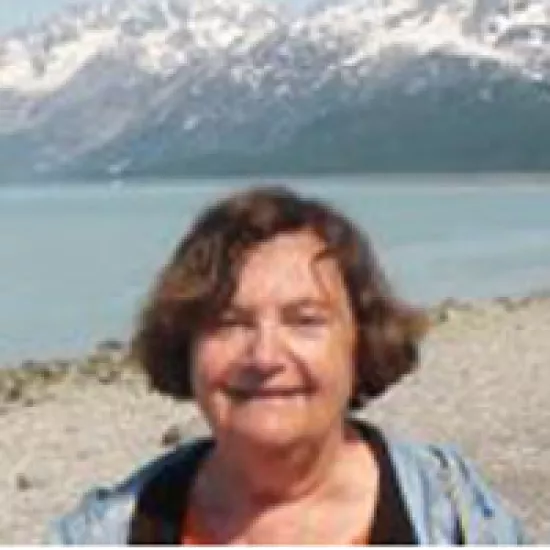
Professor Katz was born in Torino Italy and attended her schooling there, to the end of her ginnasio liceo. She moved to England and obtained in 1960 a B.A. Honours in Classics at London University, University College, and in 1963 a Diploma in Classical Archaeology at Oxford University. She then moved to Canada and obtained in 1978 a Ph.D. in Italian literature at the University of Toronto and a Diploma in Art Therapy at the Toronto Art Therapy Institute. She has been teaching at the University of Toronto from 1968, first at Scarborough College and then at Erindale College from 1982 until 2003, when she retired.
Professional Affiliations and Activities:
- Canadian Representative at the American Association for Italian Studies 1993-98
- Member of the Nominating Committee of the American Association for Italian Studies 1985
- Director of Biblioteca di Quaderni d'italianistica, the journal published by the Canadian Society for Italian Studies 2003-8
- Member of the board of directors of the Toronto Art Therapy Institute 1980-95
- Member of the editorial board of The Canadian Art Therapy Association Journal 1984-89
- Member of the board of the Urban Alliance for Race Relations (legal branch)
- Guest of the Toronto Psychoanalytic Society
Publications
She has published a study on The Uses of Myth in Ippolito Nievo, a language manual on Dialogues for Practice in Idiomatic Italian, and has coedited several collections of essays: Pirandello and the Modern Theatre, Le fonti di Pirandello, Natalia Ginzburg A Voice of the Twentieth Century, Theatre and the Visual Arts. She has translated with Anne Urbancic three novels into English: The Girl in Black by Angela Bianchini, The Narrow Beach by Enzo Lauretta and Reasonable Doubt by Maria Rosa Cutrufelli. She has also translated with Anne Urbancic a play by Donatella Musso, Deme and Perse, and a play by Anna Banti, Artemisia Gentileschi: Trial at Savella Court. She has written many articles on authors ranging from Boccaccio to Maria Rosa Cutrufelli. Much of her work is on psychoanalysis applied to literature.
